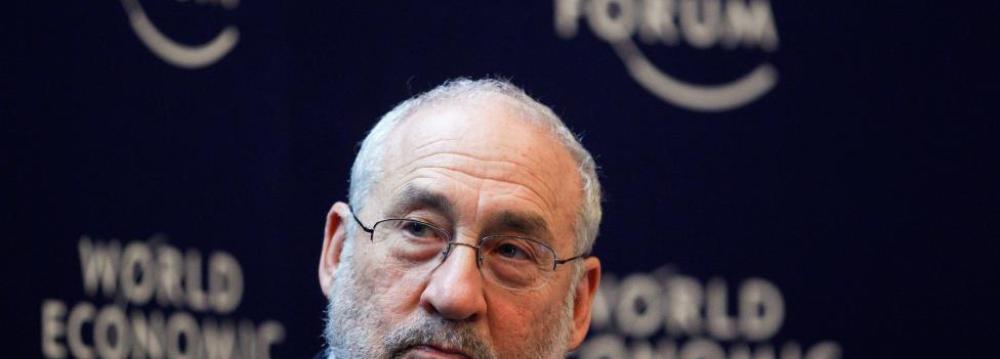The committee set up to investigate lack of transparency in Panama's financial system itself lacks transparency, Nobel Prize-winning economist Joseph Stiglitz told Reuters on Friday after resigning from the "Panama Papers" commission.
The leak in April of more than 11.5 million documents from the Panamanian law firm Mossack Fonseca, dubbed "Panama Papers", detailed financial information from offshore accounts and potential tax evasion by the rich and the powerful.
Stiglitz and Swiss anti-corruption expert Mark Pieth joined a seven-member commission tasked with probing Panama's notoriously opaque financial system, but they say they found the government unwilling to back an open investigation.
Both quit the group on Friday after they said Panama refused to guarantee the committee's report would be made public.
"I thought the government was more committed, but obviously they're not," Stiglitz said. "It's amazing how they tried to undermine us."
The Panamanian government defended the committee's "autonomous" management in a statement issued later on Friday, and while it said it regretted the resignations of Stiglitz and Pieth, it linked them to unspecified "internal differences".
Panama's President Juan Carlos Varela said in April that the independent commission would review the country's financial and legal practices. In its first full meeting of the investigative committee in New York on June 4-5, there was consensus that the government of Panama needed to commit to making the final report public, whatever its findings, Stiglitz and Pieth said.
But they said they got a letter from the government last week backing off from its commitment to making the committee's finding public.
"We can only infer that the government is facing pressure from those who are making profits from the current non-transparent financial system in Panama," Stiglitz said.
Commission member Alberto Aleman, former administrator of the Panama Canal, rejected assertions that the committee lacked transparency and said the five remaining members, four of which are Panamanian, would continue their work.
"The report has to be delivered to the president of Panama and then the president of Panama will decide when and how it will be made public," he said.
The Panama Papers cover a period of almost 40 years, from 1977 until December 2015 and show that some companies set up in tax havens with the help of Mossack Fonseca may have been used for money laundering, arms and drug deals as well as tax evasion.


